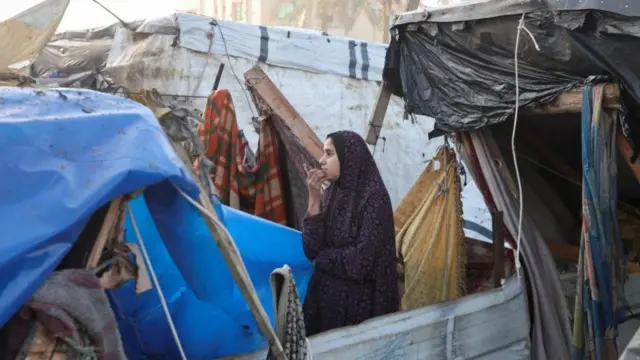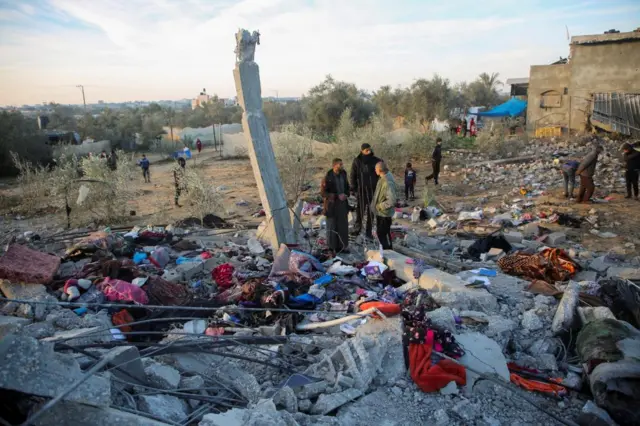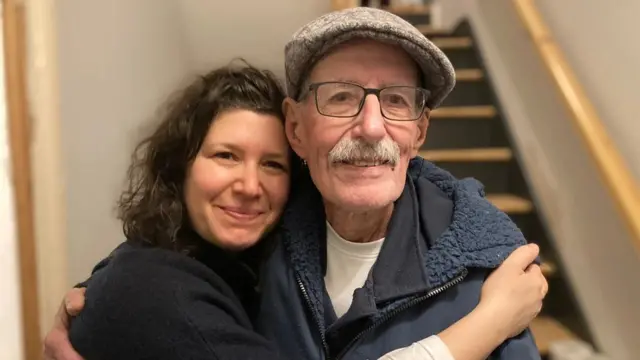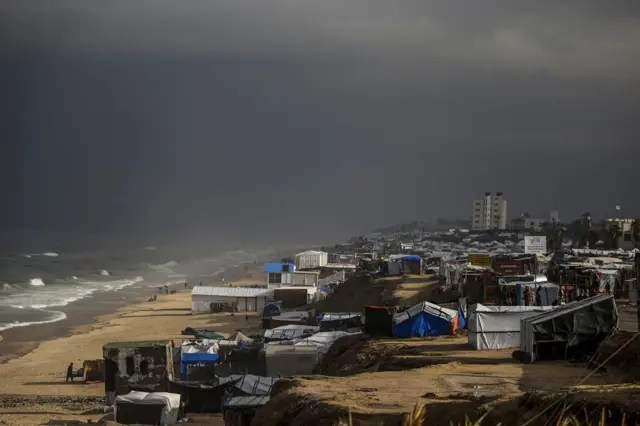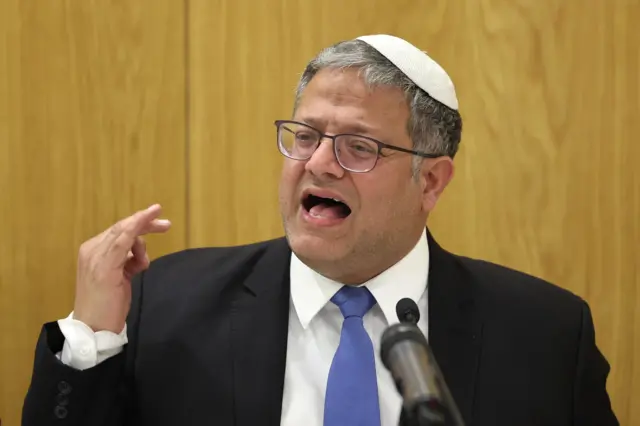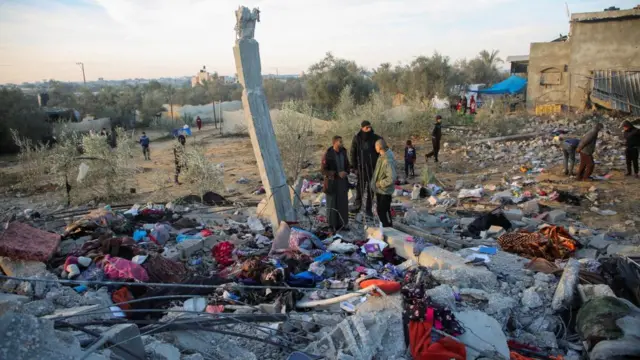Palestinian politician says Hamas has accepted the dealpublished at 13:50 GMT 14 January
The leader of the Palestinian National Initiative, a Palestinian political party based in the West Bank has told the BBC they believe Hamas has accepted the deal.
"The deal is almost ready and I think the Palestinian side has agreed to it, accepted it. They're waiting for the Israeli final response," Mustafa Barghouti has told BBC Radio 4's World at One programme.
"So we’re closer to the deal than any time before," he says, adding that is because "Netanyahu could not tolerate anymore the internal Israeli pressure and external pressure, especially coming from Trump."
When pressed by the interviewer to clarify if Hamas had agreed to the deal he said: "Yes I can say that they have accepted all the conditions, and it's not the first time... this deal is almost identical to what was proposed in July – and it was Netanyahu who undermined that.
"We've lost more than 10,000 lives in the process in six months."



